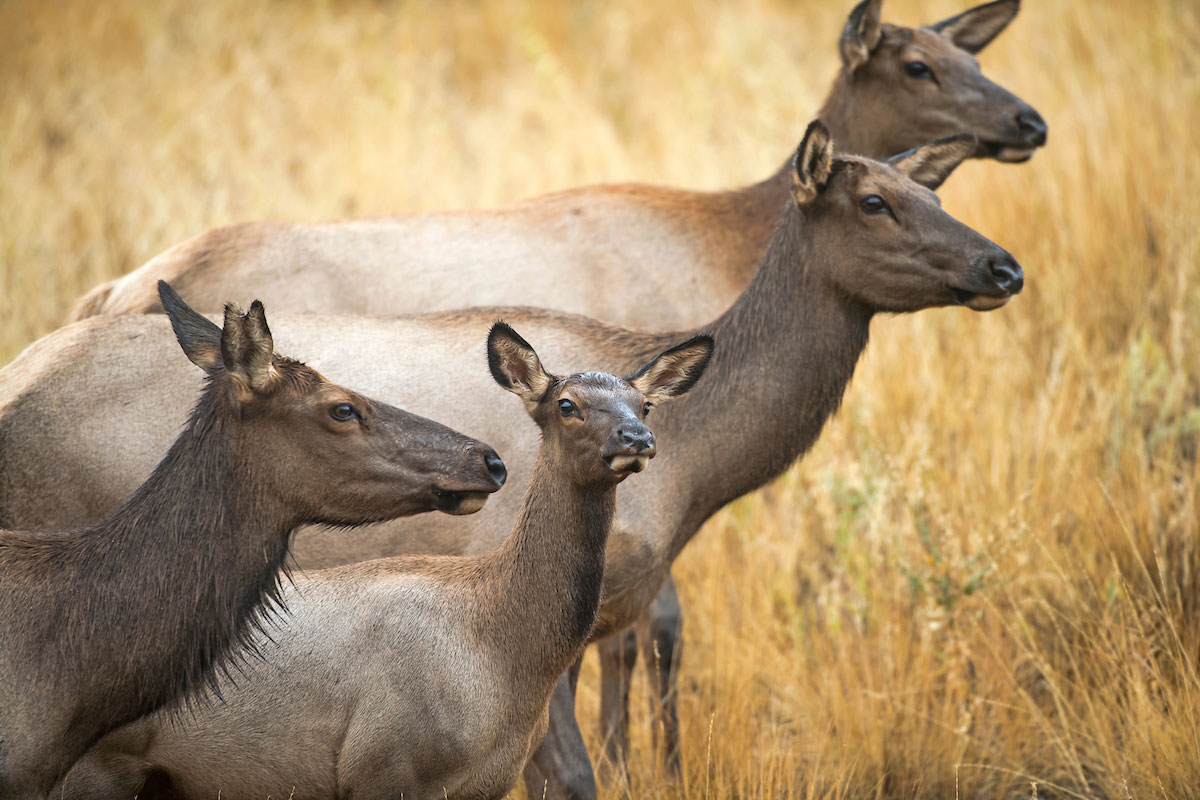It's hard to take a claim to the scientific high ground seriously when the pro-hunting journalist drops jewels like this:
"The conference’s agenda is packed with wonky (emphasis mine) topics such as “Spatial Ecology and Modeling,” “Conservation of Native Pollinators in Managed Forest Ecosystems,” and “Biometrics and Population Monitoring.”"
I do have mixed feelings about individual rights in the context of species and ecosystems management. I think I disagree with that emphasis. But, the anti-predator stance a lot of hunters have is ridiculous to me, and I wish Alabama DCNR did more to manage non-consumed species. A lot of our state properties are managed (and I use that word loosely) strictly for deer and turkey, to the detriment of other species.
I think hunters have to agree with scientific consensus on the importance of ecosystem management and support it if they want to keep having a place in the conversation. Predators are a part of the ecosystem. I would love a red wolf reintroduction into Alabama, even if it meant a reduction in deer harvest opportunity for me. I'm tickled we're getting bears back, even though I know it's gonna involve critters in the trash can and an extra level of caution in some scenarios.
I've seen the impact of apex predators in an ecosystem first-hand. As our alligator population locally rebounded in our lifetime, the overall health of the delta and its fisheries improved. Specifically, the nutria population that was threatening the root systems keeping the swamp in place was severely reduced. It fixed a problem hunters couldn't have. Natural deer predators target the most unfit individuals, unlike hunters which generally do the opposite. Who knows, that may help with a lot of the acronym diseases we're so worried about in the herd.

 www.outdoorlife.com
www.outdoorlife.com

 www.outdoorlife.com
www.outdoorlife.com




